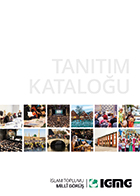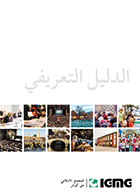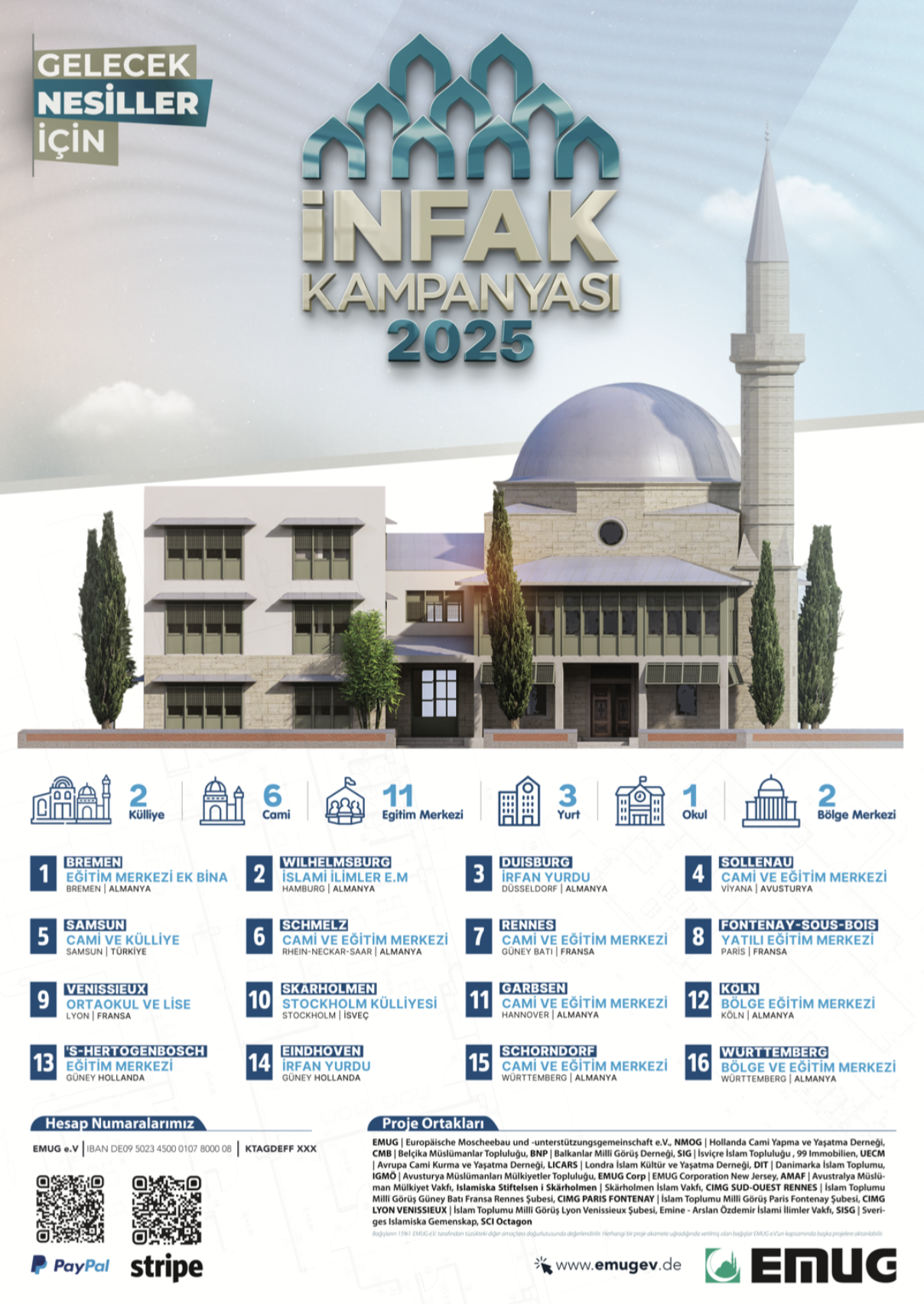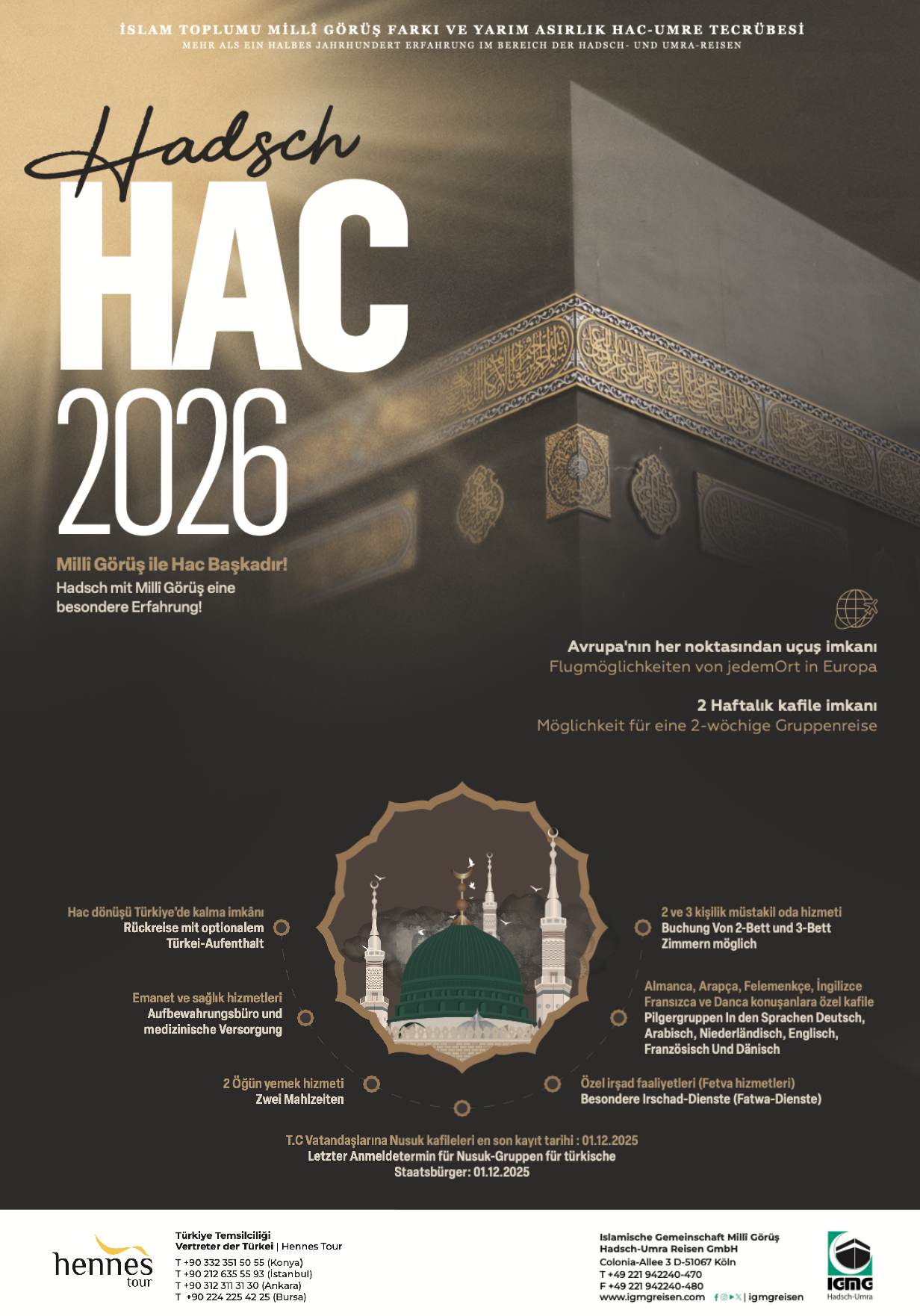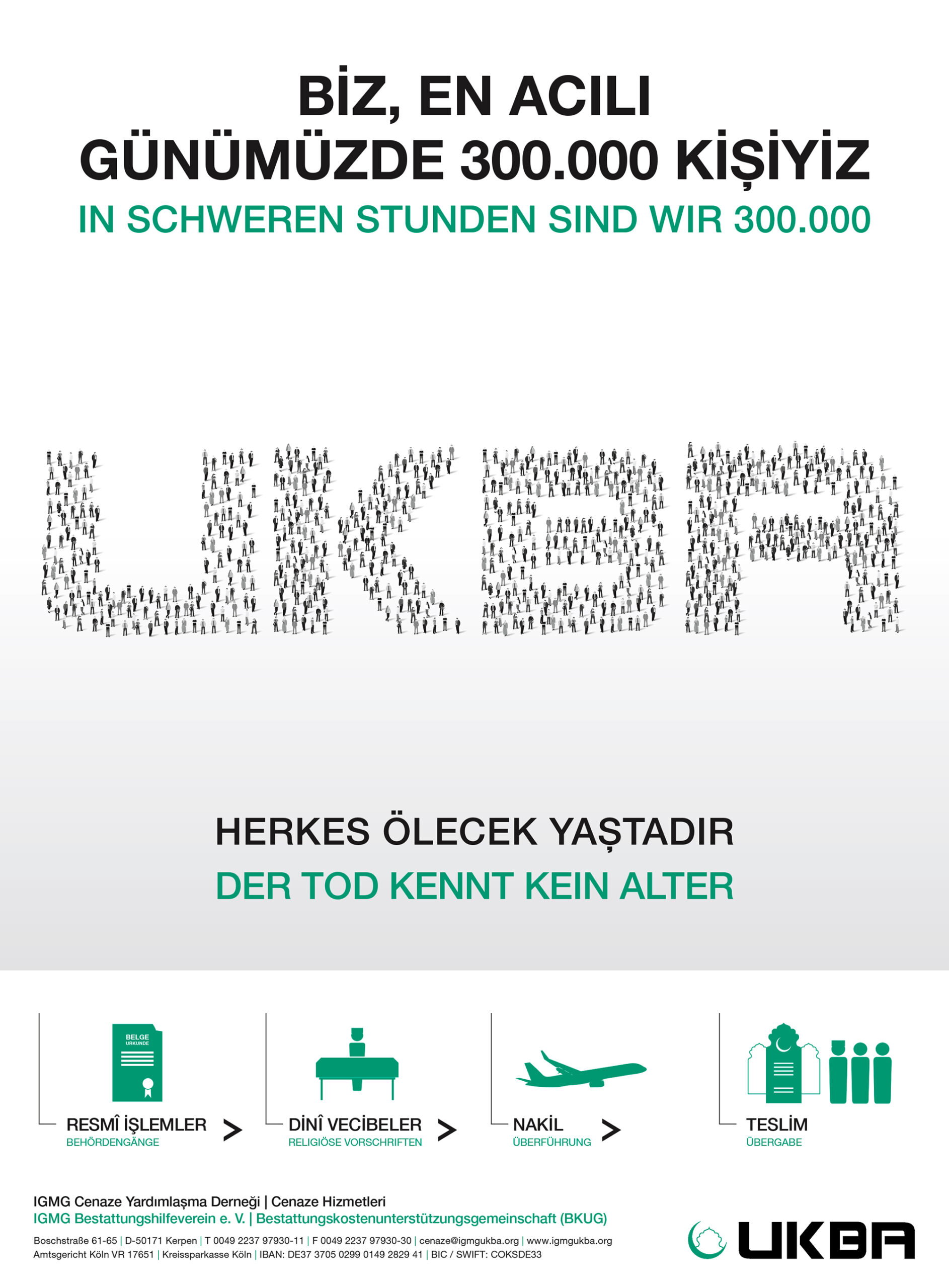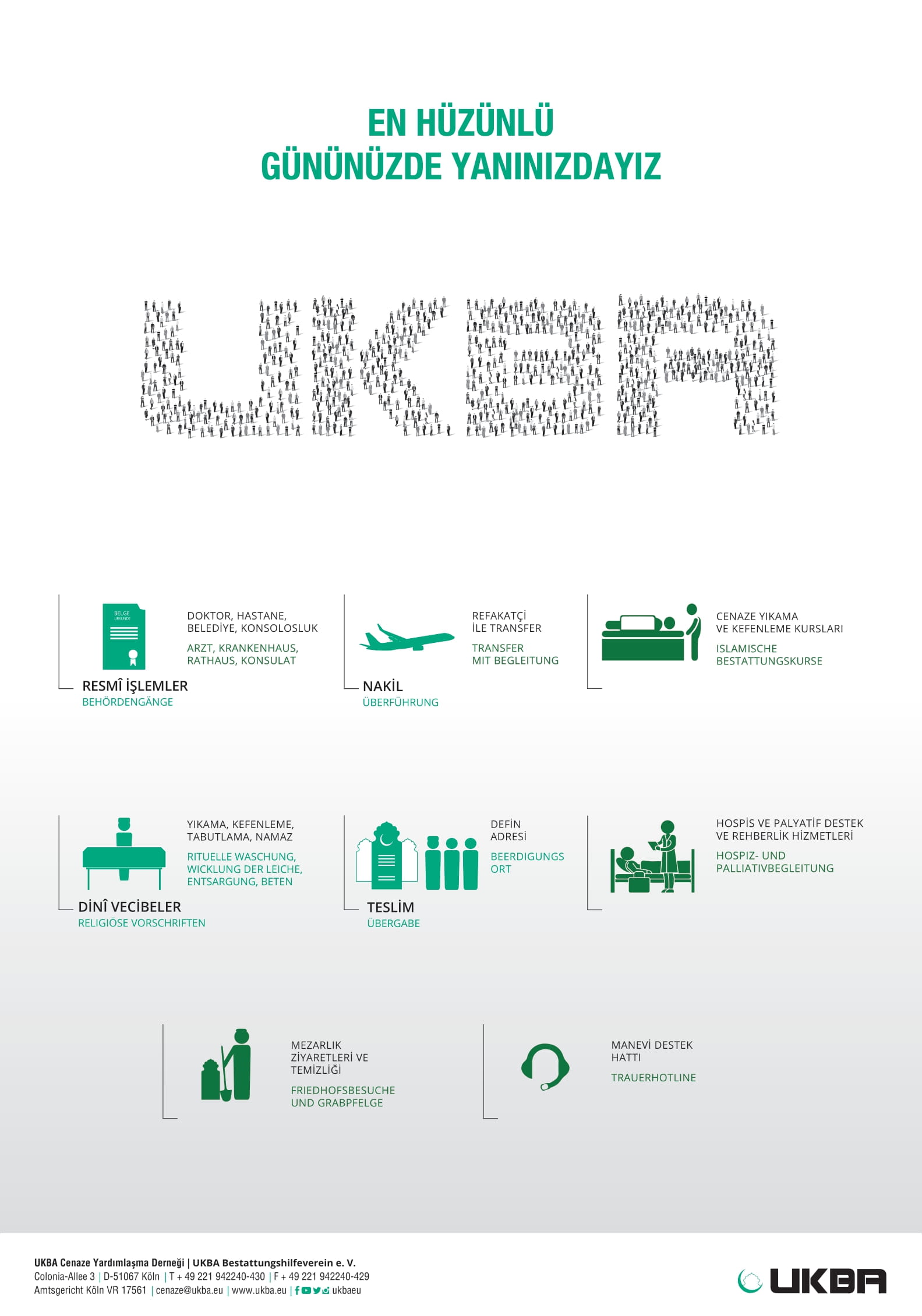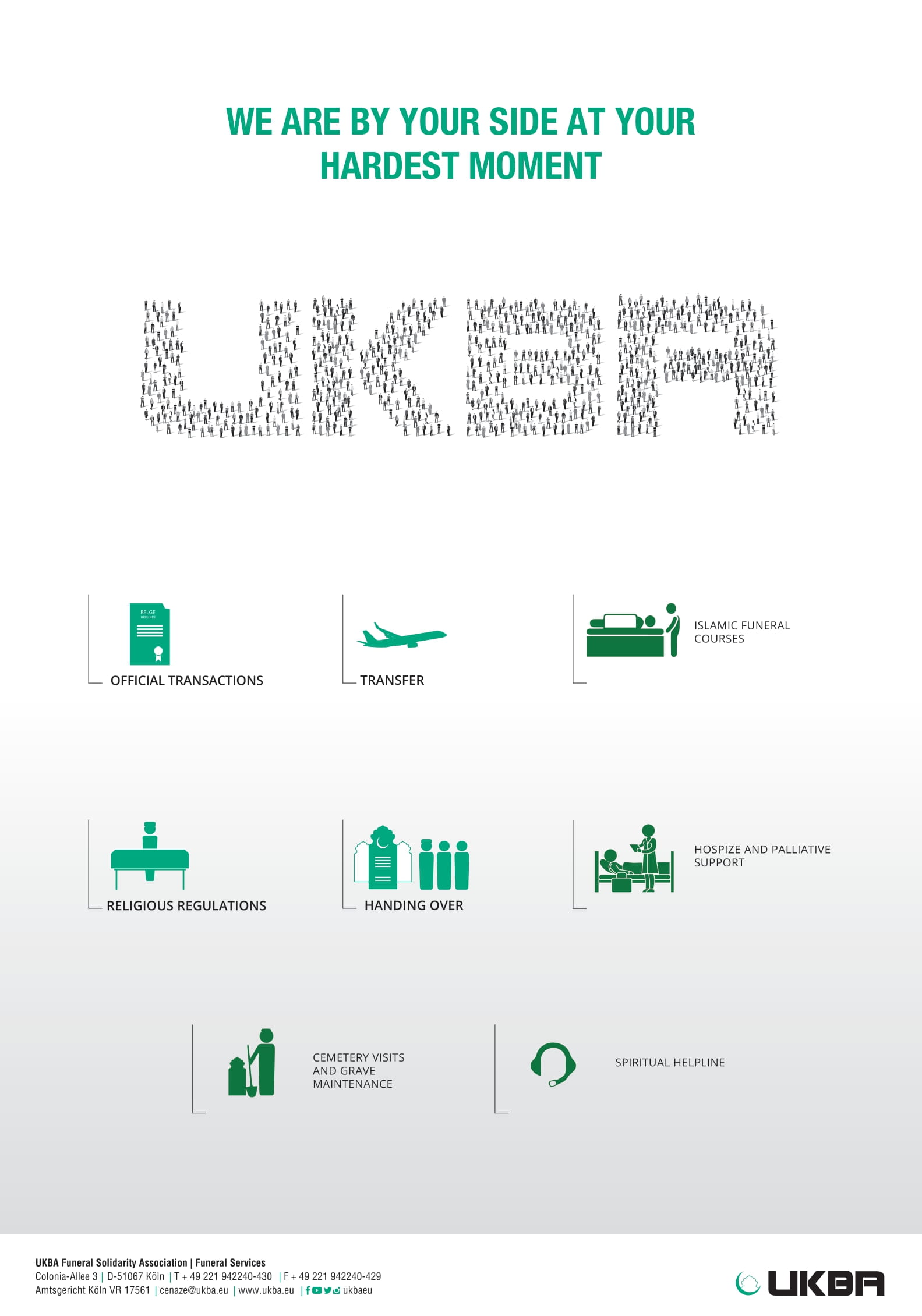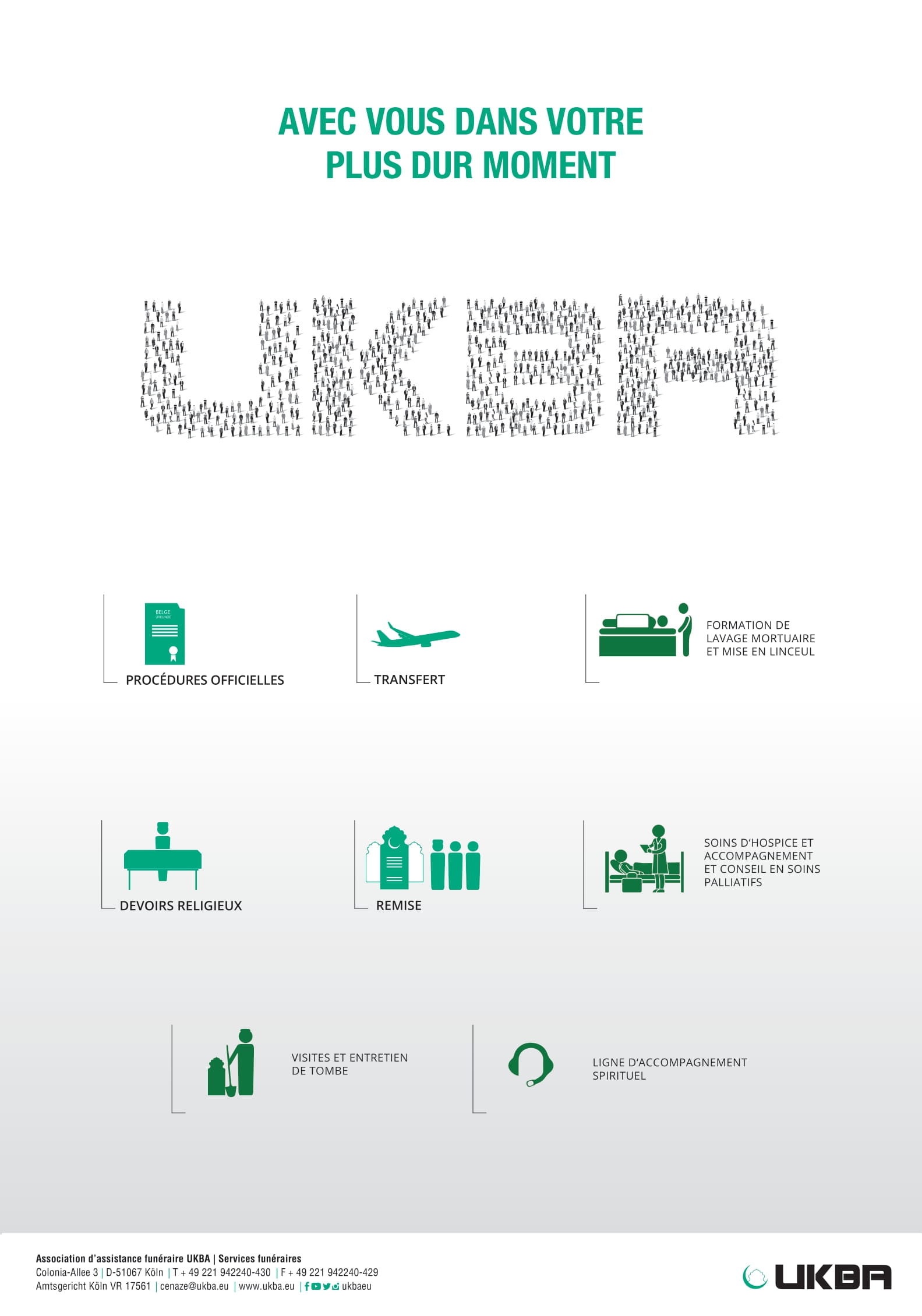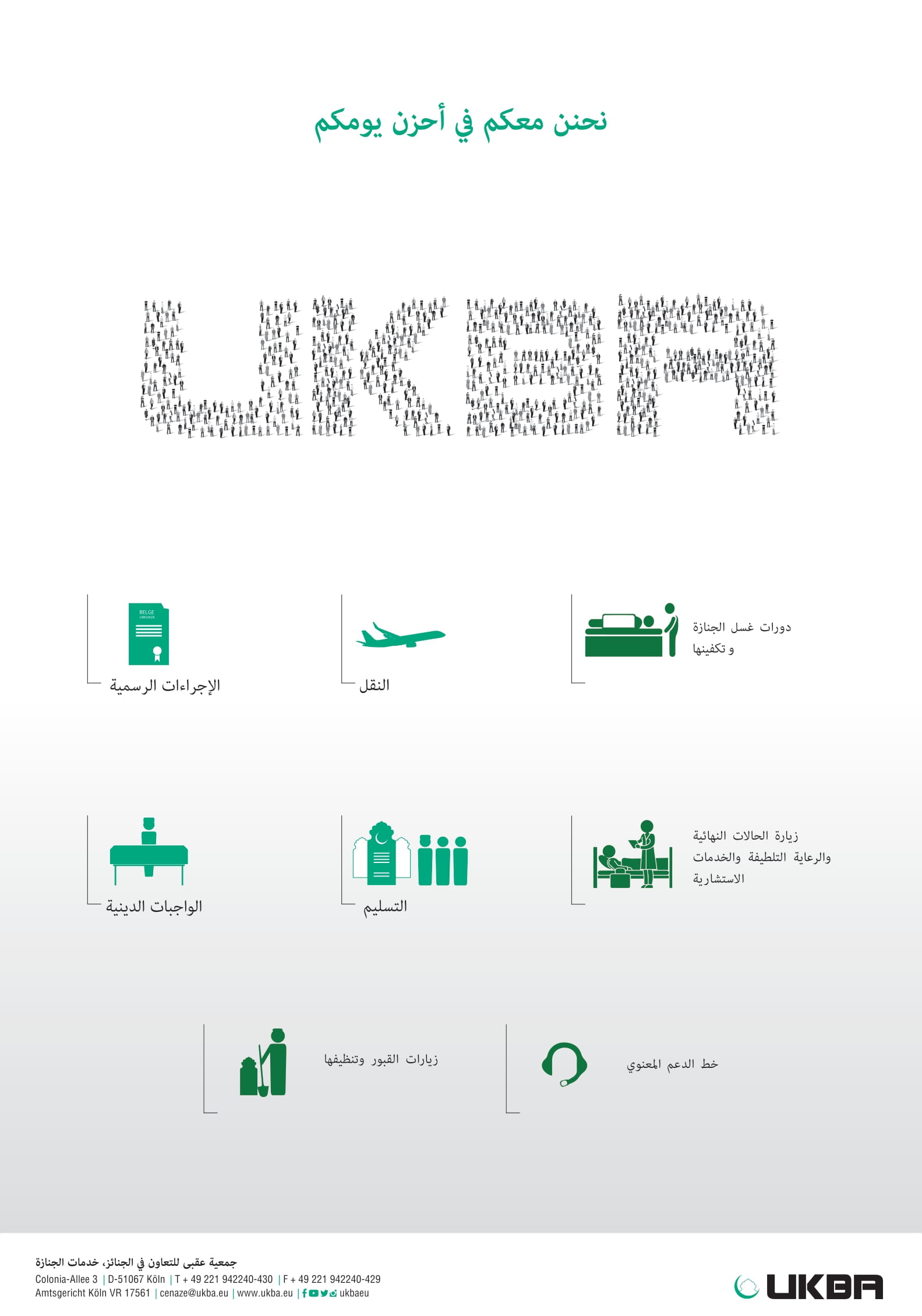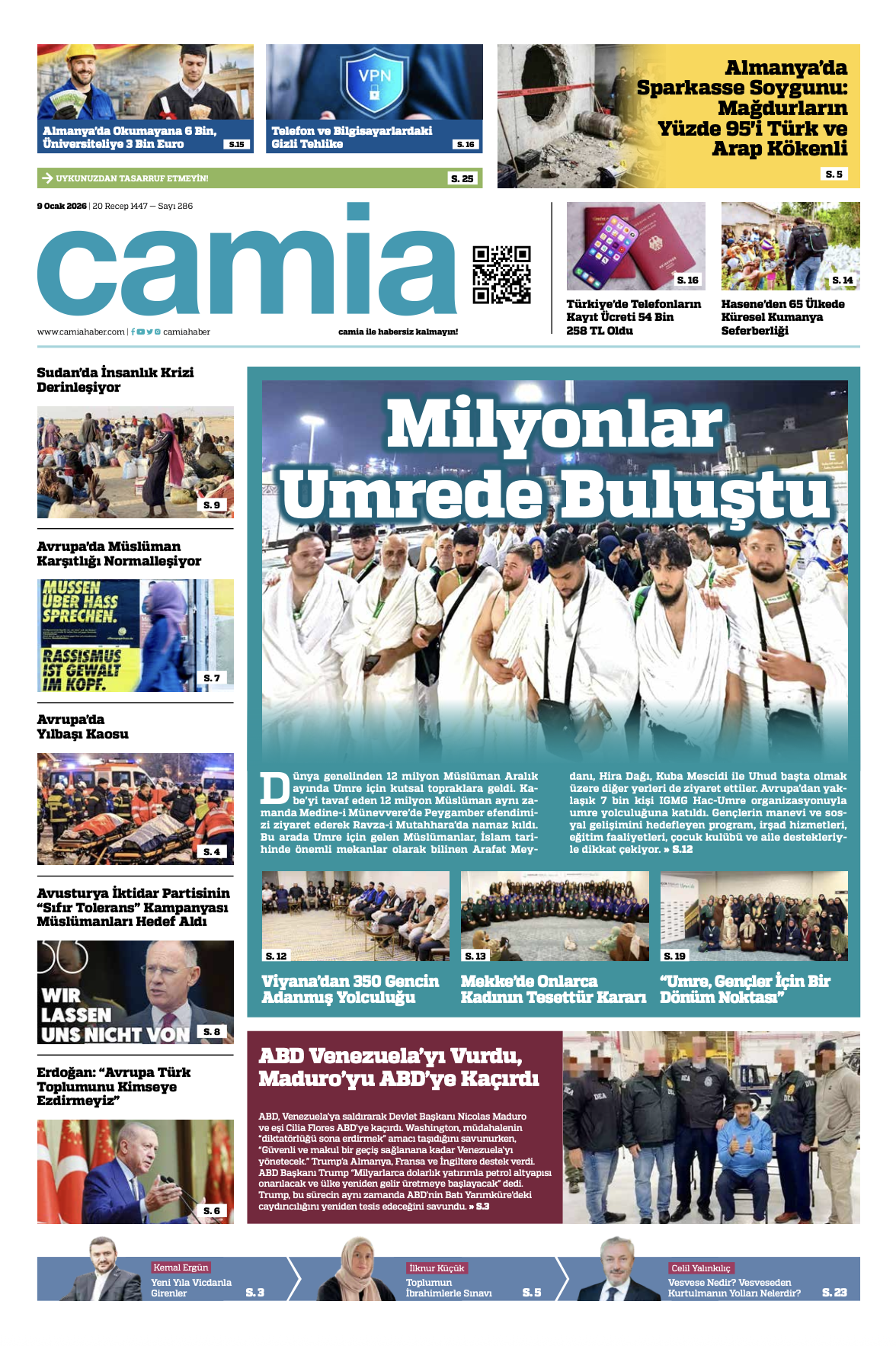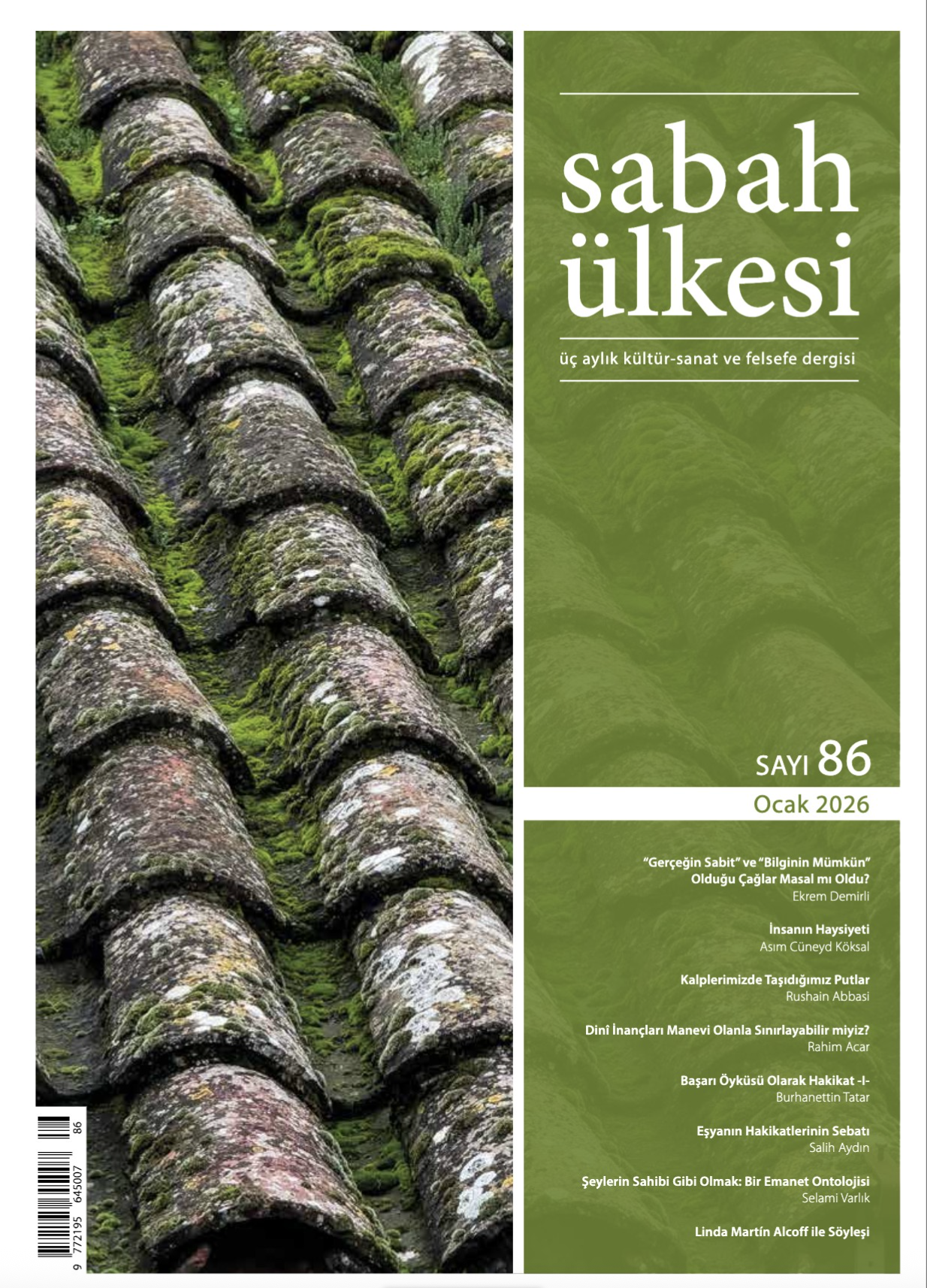Friday Khutba
Khutba: Transitioning Knowledge into Action
27. August 2021
Dear Believers!
We all know that seeking knowledge is Fard upon us all.[1] The knowledge that is fard upon all of us is “ilm-I Hal” – The knowledge and rulings to get us through our worldly responsibilities and religious requirements such as faith, ethics, wudu, prayer, fasting, zakat, haj, wedding and business. Obtaining religious knowledge in Tafseer, Hadith, Fiqh and Kalām – also general worldly knowledge in medicine, engineering, architecture and history is fard kifāyah, which means that it is not obligatory anymore for the individual to specialise in these fields, if enough people already deal with it. Despite this, knowledge should not be our sole purpose. As knowledge is a tool and actions are our aim.
Dear Muslims!
In the Quran, there are tens of ayats reiterating the truth of those who are praised for believing and doing righteous deeds. What ties knowledge and action is “Khashya”, which means fearing Allah. Our Rabb says “Amongst his servants, only the people of knowledge fear Allah as he should be feared. Verily Allah is all powerful, greatly merciful”[2]. The Sahabi Ibn Abbas (ra) explains this ayat further by stating, that only those who know of the grandeur, greatness and everlasting power of Allah will be rightly fearful of Allah. Imam Ash-Sha’bi (of the tabeen) also reminds us that knowledge and fearing Allah are two things which should not be separate. Someone asked him “Oh scholar, can you give me a Fatwa?” to which he replied “A scholar is only one who is rightly fearful of Allah.”[3]
As a result, we see that true knowledge, leads us to be fearful of Allah. True fear of Allah will verily lead a person to do righteous deeds.
Dear Brothers!
According to a narration from Hz. Ali (ra) a man once asked our Prophet ﷺ “Oh messenger of Allah, what will relieve me of the weight of ignorance?”. Our Prophet ﷺ replied “Knowledge”. The man then asked “in that case, what will relieve the weight of knowledge?”. Our Prophet ﷺ replied “Actions”.[4] This example clearly gives us the direction and guidance we should be aiming for. Some of our past scholars have said “Knowledge is like a tree, and actions are its fruit. You will not be considered a scholar if you neglect to act upon your knowledge”. The scholar Sahl Ibn Abdullah also explains the relationship between knowledge and actions in the following way. “All knowledge is worldly, only acting upon it is for the Akhira.”[5] Muaz ibn Cebel (r.a) highlights this fact also “You may obtain as much knowledge as you wish, however, if you do not act upon that knowledge, Allah will not reward you for obtaining that knowledge.” [6] Abu Hurayra (ra) also reminds us as follows “Knowledge that doesn’t transition into action, is like a treasure, that isn’t spent on the path of Allah” [7]
Dear Brothers!
We should never forget our Prophets ﷺ reminder “On the day of judgement, the sons of Adam will not be permitted to move until they respond to the following 5 questions: Where did you expend your life? Where did you expend your youth? Where you earnt and spent your wealth? What you did with the knowledge you obtained?”[8] Without a doubt, as servants of Allah, we should be constantly questioning ourselves. More often then not, we forget about the last question regarding knowledge. Because of this Ebu Derda (r.a) explains “I am fearful, that the first thing my Lord will ask me will be: ‘You had obtained knowledge, how did you act upon your knowledge?’”[9]
May Allah make us of those who act upon obtained knowledge and make our day of account easy. Amin
[1] See İbn Majah, H. Nr:224
[2] Surah Al-Fâtır, 35:28
[3] See Al-Baghawî: Maʿālim At-Tanzîl, tafseer of 35:28
[4] Al-Khateeb Al-Baghdadi: İqtidāʾ Al-ʿIlm Al-ʿAmal (1984), p. 18f
[5] Ibid. p. 14, 28
[6] Dârimî, İlim, 11, H.No: 268
[7] Al-Khateeb Al-Baghdadi: Iqtidāʾ Al-ʿIlm Al-ʿAmal (1984), s. 24
[8] Tirmidhi, Ṣifat Al-Qiyāma, 3, H. No:2416
[9] Al-Khateeb Al-Baghdadi: Iqtidāʾ Al-ʿIlm Al-ʿAmal (1984), s. 41
